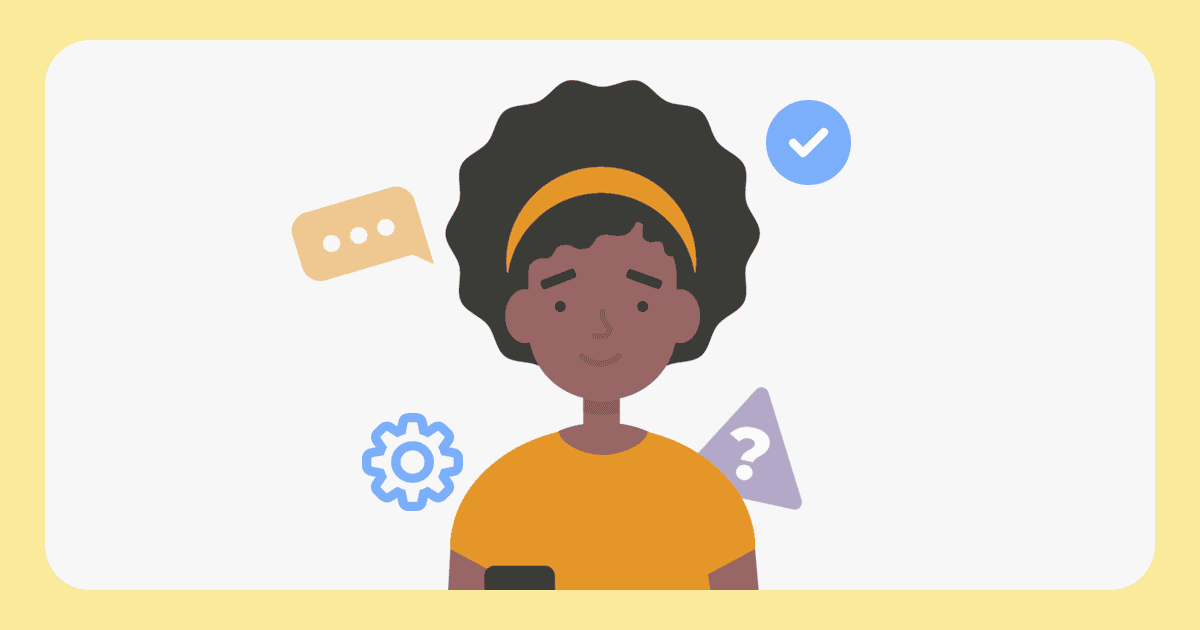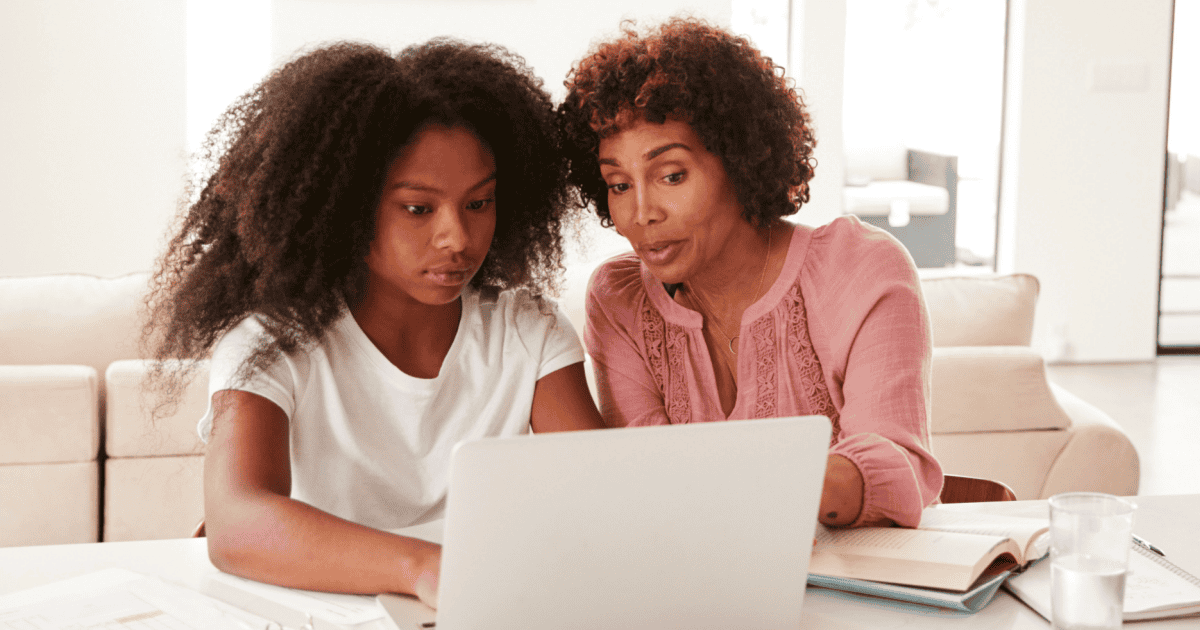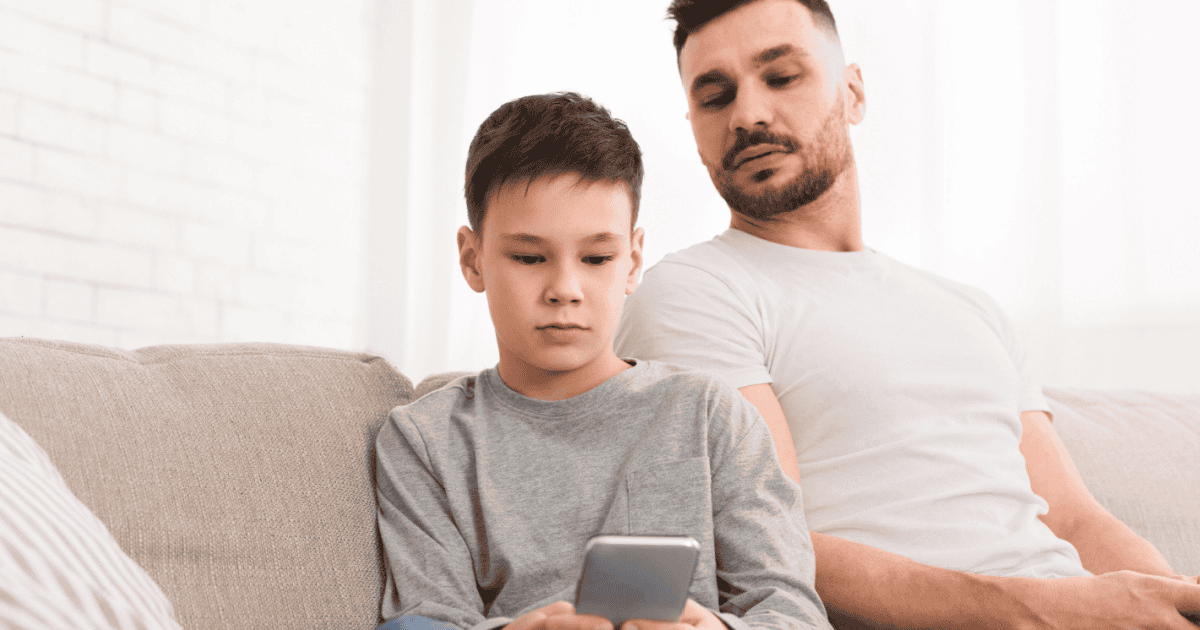Fact-check information together
If your child has fallen for false information, they might feel embarrassed. So, take the time to review the misinformation with them. Discuss what made them think it was real, and then show them the signs that it was false. Additionally, show them what you would do to check if the information was true.
Doing this exercise together can help them critically assess information in the future.
Encourage them to fix their mistakes
If your child shared misinformation with others, encourage them to take ownership of that mistake. They could make a follow up post (if on social media) to say that what they shared was false. Additionally, they could share the correct information. It’s important that they delete the misinformation where possible.
Offer support for their wellbeing
In severe cases such as scams or impacts on body image, children might need additional support. This could include talking with a counsellor or getting support from your child’s school.
These helplines can offer support as well:
Help them report misleading or false content
The platforms or apps your child uses likely have policies on misleading content. Some policies are more robust than others and will take down such content while others require a little more thought.
If your child comes across misinformation or misleading content, they should report it. Show them how to do this or do it with them. Even if they aren’t sure, the moderation team can assess the content to make the decision.







